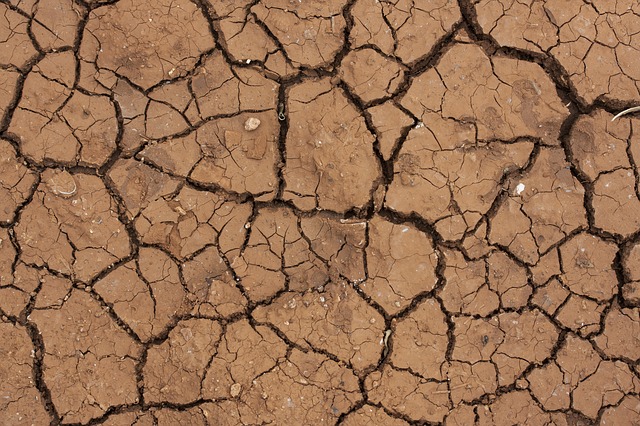Global climate change, better known by the inaccurate name of global warming, is a label that specifically describes the overall gradual changes in global average temperatures and other associated changes. Because of the gradual nature of these changes, however, few people are fully aware of their effects.

The first question mark is how much of the increase in average temperature can be attributed to humans, primarily through increased carbon dioxide production? Indeed, the portion of total carbon dioxide production produced by humans has been largely lost. Thus, one might think that mankind\’s contribution to changes in carbon dioxide concentrations is negligible. But they forget that nature balances the intake and emission of greenhouse gases.
Nearly all carbon dioxide produced in nature is absorbed, primarily through the mechanism of photosynthesis. However, this mechanism cannot account for the human contribution. Therefore, some of the carbon dioxide produced by humans remains in the atmosphere and contributes to the greenhouse effect. And because humans are still producing carbon dioxide, the amount is gradually increasing. But
What will this increased greenhouse effect bring? First and foremost, an increase in extreme weather events. In the Czech Republic, for example, summers will be hotter than average and winters will be colder than average. Seasonal changes will be earlier and more abrupt, and spring and fall will be shorter.
Another change concerns precipitation. Although precipitation is not as significant, its distribution throughout the year changes. Most of the precipitation falls in winter, during which time plants do not make much use of precipitation. On the other hand, precipitation is less frequent during the growing season, and when it does occur, it is torrential, and the hard, dry soils are unable to absorb most of the water, which runs off into waterways.
This is, of course, especially problematic for farmers. Farmers will have to invest more in irrigating their fields. Crop composition will also have to change. New drought-tolerant varieties will be needed.
There is another problem when it comes to water. It is the fact that the Czech Republic is totally dependent on water from rainfall. However, a major problem arises when the soil freezes in the winter or becomes hard in the summer, causing rainwater to run off before it can soak into the ground. Higher summer temperatures not only increase evaporation from nature and from reservoirs and dams, but also create ideal conditions for the growth of algae and cyanobacteria, which can negatively impact water quality.
Fortunately, there is still time to prepare for these changes. There is a chance to avoid the worst if politicians take adequate measures, especially if water is conserved and retained in the landscape through wetlands and proper subdivision of fields rather than reservoirs. However, such measures would be largely unpopular.

So we need to consider what we want. Prosperity for a few years and what we want after that, or accept some restrictions, but not a surplus, but enough food and water.
.
